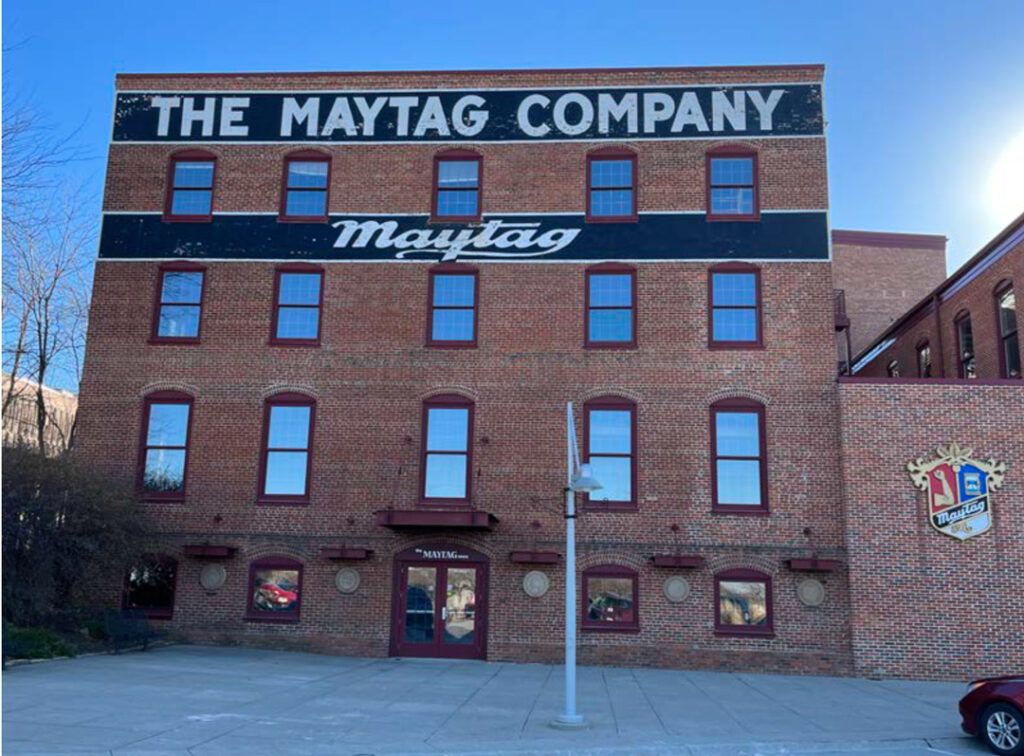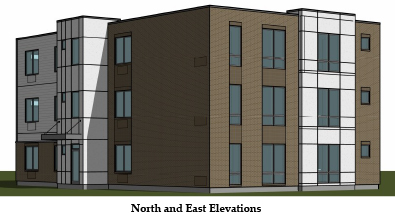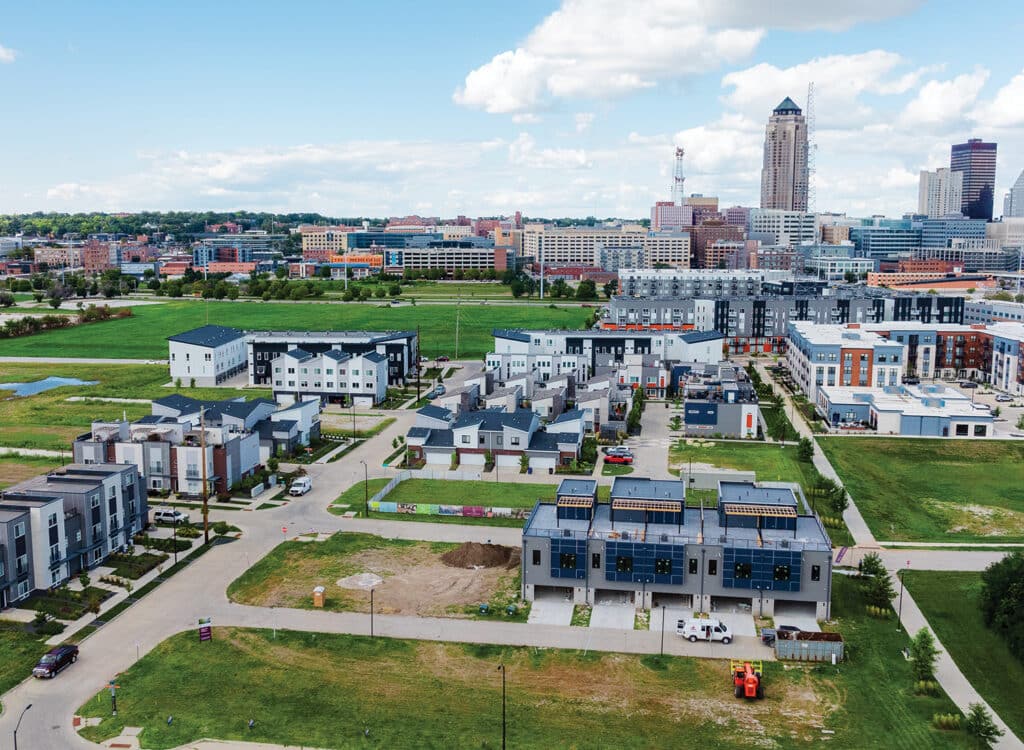Proteus launches pilot health care program for 100 meat processing employees in Polk County

Meat processing workers in two Polk County plants will receive primary health care under a new pilot designed by the nonprofit Proteus, which serves traditionally seasonal and migrant agricultural workers in Iowa.
Proteus will provide transportation and language interpretation services to 100 initial patients in Polk, Dallas and Warren counties receiving basic primary care, medical screenings and chronic condition management at the nonprofit’s health care sites. Most services will be mobile — either set up by Proteus at the employer’s work site, or at a nearby community partner’s property. An initial $150,000 from the Community Foundation of Greater Des Moines, Telligen Foundation, United Way of Central Iowa, Delta Dental Foundation and Bank of America is supporting the program’s first year.
Meat processing employees have been disproportionately affected by the spread of COVID-19 in their communities, Proteus CEO Daniel Zinnel said.
“We wanted to expand our services for many years to include processing workers since they are part of our food system … but last year, COVID-19 really expedited the need for us to move forward,” Zinnel said. “We clearly saw that there was a need for access to health care for meat processing workers, and have been working on finding funders to help us launch this program.”
Proteus is partnering with Midwest Premier Foods to launch at two meat processing facilities in Polk County, and organizers are still seeking an additional facility to take part in the pilot. Researchers at the University of Iowa will track data on sick days, staff turnover and other health outcome metrics to study how the program affects employer workforces, which may affect how employers financially support the program in the future, Zinnel said.
“The challenge will be how to sustain this work going forward and create a sustainable model from a funding standpoint,” he added.
Proteus has two full-time nurse practitioners, 10 part-time practitioners and additional support staff to manage the nonprofit’s health care services in Iowa.
“We have thousands of migrants who arrive in Iowa every year, and we had to be very strategic and innovative working with employers who provide communal living to workers,” Zinnel said.
Proteus developed partnerships with agricultural employers to test close to 3,000 farm workers for COVID-19 and pay for hotel rooms and hot meals to quarantine individuals who tested positive.
“It took time for us to really develop a rapport with [individuals] to where they were willing to share their symptoms so we could better serve them,” Zinnel said.
By developing housing pods for arriving migrants at employer sites and nearby quarantine housing, the nonprofit lowered COVID-19 positivity rates over the summer of 2020 among individuals it worked with, Zinnel said. None of the farm workers tested in summer 2020 died from COVID-19, and the Centers for Disease Control asked Proteus to submit a best practices report based on the protocol developed.
The pandemic also pushed forward telehealth projects for Proteus’ other services: A hypertension project launched later this year will provide patients with Bluetooth blood pressure cuffs synced to the patient’s electronic health record, so health care providers can tailor follow-up care based on measurements.
“Our team and our patients always prefer in-person visits, but I think it’s a great option if access or transportation is an issue” in rural Iowa, Zinnel said.










